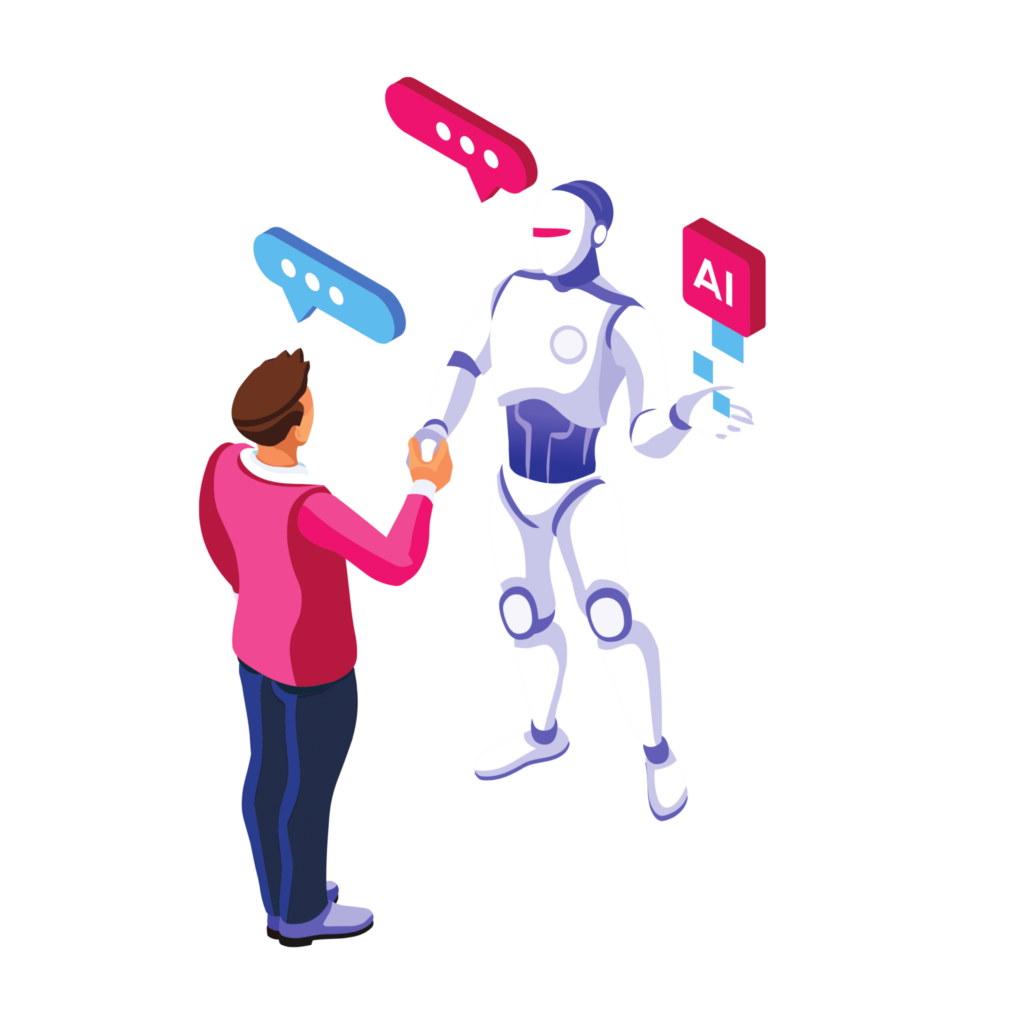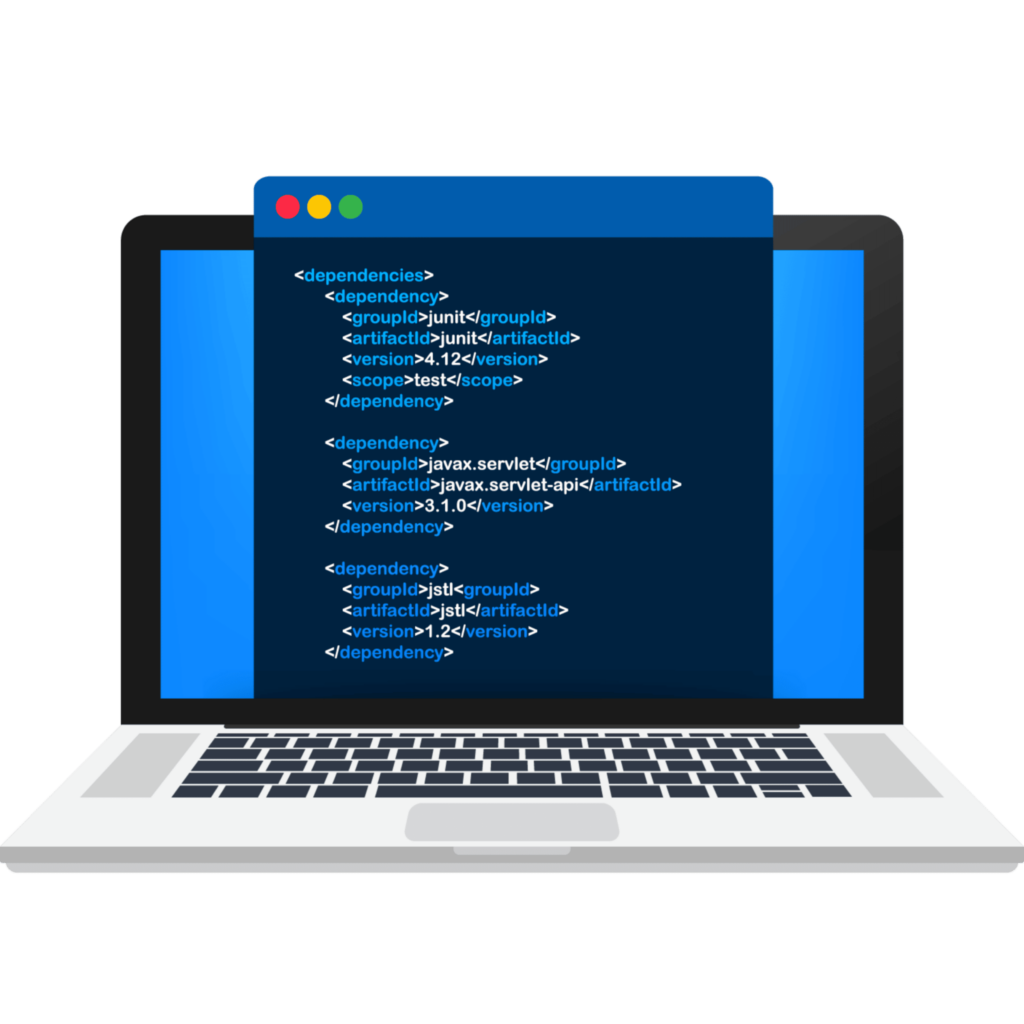Hey there, tech-savvy readers! Chances are, you’ve heard the term “bot” thrown around a lot recently.
But exactly what is a bot? And why are they so important in the tech industry?
Well, if you’re curious to learn more, keep reading! We’re about to break down the ins and outs of bots and show you why they’re changing the world of technology.
What is a Bot?
A bot is a software application that runs automated tasks over the Internet. Bots are used to post content to social media, do online searches, and watch website traffic automatically. They can also automate customer service questions, answer them, and help with technical issues.
History of Bots

Early Bot Development
The earliest bots were developed in the 1950s. These early bots were created to automate simple tasks and simulate human conversations for tasks such as customer service. These early bots could do simple things with users, like ask questions and get answers.

In the 1960s, bots began to be used to play games such as chess. Early versions of these chess-playing bots were able to beat humans at the game, although they could not compete with the more sophisticated bots of today.
By the 1970s, bots were used to collect data and answer simple questions. These early bots could answer basic questions about a topic, such as the weather or the latest news. They could also be used to search for information online and provide users with basic data.
Modern Bot Development
Modern bots have become much more sophisticated than the early versions. Today, bots are used for many tasks, from customer service to complex data analysis.
Modern bots can understand natural language, giving them more natural answers to questions. They can also be taught to understand what is going on in a conversation, which helps them better understand what users want.

Bots can also learn from their interactions with users, allowing them to improve their responses over time. Because they can learn, they are a very useful tool in the field of artificial intelligence, where they can be used to analyze large data sets.
Bots are also used in various industries, such as healthcare, finance, and retail. These bots can automate tasks such as scheduling appointments or processing orders. They can also be used to provide customers with personalized advice and recommendations.

How bots are created
Bots are made with Python, JavaScript, Java, C#, and other programming languages and frameworks. Bot developers usually use Natural Language Processing (NLP) and Machine Learning (ML) algorithms to understand what users say and respond in a natural way.
BotKit, Microsoft Bot Framework, and DialogFlow are examples of bot development frameworks that can be used to quickly build and deploy bots.
Additionally, many chat platforms, such as Facebook Messenger and Slack, have their own bot frameworks that allow developers to create bots that can interact with their users.
How do bots work?
Bots are computer programs that are designed to automate certain tasks. They typically work by taking in a set of instructions and then carrying out them without human input. They often use artificial intelligence (AI), natural language processing (NLP), and machine learning (ML) to interpret user commands and carry out tasks.
What are bots used for?
Bots are used for a wide range of tasks, such as customer service, data collection, automated marketing, and content moderation. They can also schedule appointments, answer questions, and fill out online forms automatically. Bots can also give users interactive experiences, like playing games or making suggestions.
Types of Bots
Chat bots: Chatbots are computer programs that try to act like they are talking to real people over the Internet. They use natural language processing and artificial intelligence to let people converse with their computers.
Weather bots: Weather bots provide automated weather updates and reminders about upcoming weather conditions.
Robotic Process Automation (RPA) bots: RPA bots automate repetitive, high-volume tasks, such as data entry and customer service.
Shopping bots: Shopping bots provide automated assistance with online shopping, such as product recommendations and price comparisons.
Social media bots: Social media bots post content, respond to comments and messages, and manage customer service inquiries on social media platforms.
News bots: News bots deliver personalized news updates based on the user’s interests.
Virtual assistant bots: Virtual assistant bots provide automated assistance with tasks such as scheduling appointments, setting reminders, and answering questions.
Image Recognition bots: Image recognition bots are AI-based chatbots that use image recognition technology. They are used to recognize objects, people, and scenes in images. For example, a bot could identify a person in a photograph or a specific type of plant in an image.
Natural Language Processing bots: Natural language processing (NLP) bots are AI-based chatbots that use natural language processing. They are used to understand and interpret natural language input. For example, an NLP bot could answer questions about a company’s products or services or provide customer service.
Voice Recognition bots: Voice recognition bots are AI-based chatbots that use voice recognition technology. They are used to understand and interpret spoken language input. For example, a voice recognition bot could answer questions about a company’s products or services or provide customer service.
Text Analysis bots: These bots are used to analyze the text used in emails, tweets, and other forms of communication to detect sentiment, context, and other clues.
Web scrapers: A web scraper is a bot that collects data from websites and stores them in a structured format.
Web crawlers: Web crawlers are bots that scan the internet and gather information from websites. They are used by search engines to index websites and provide relevant search results.
Benefits of Using Bots
Task Automation: Bots can take care of boring, repetitive tasks, so people can focus on more complex and creative things. For example, bots can answer commonly asked customer service questions or handle simple customer service tasks. This can help improve customer service response times and reduce the workload on customer service staff.
Data Analysis and Insights: Bots can quickly and accurately look at a lot of data. This can help businesses uncover insights that may otherwise be overlooked. For example, customer service logs can be analyzed by bots to find patterns in customer complaints.
Improved Efficiency: Bots can help businesses streamline processes and improve overall efficiency. Bots can be used to enter data and answer customer service questions automatically. This can help businesses save time and resources that can be better used elsewhere.
Cost savings: Bots can be taught to do boring, repetitive tasks that a person would normally have to do. This cuts down on the time and money needed to do these tasks and can greatly reduce operational costs.
Improved Customer Service: Bots can provide customer service 24/7, meaning customers can get the help they need when they need it. This improves customer satisfaction and increases the chances of customers returning to the business.
Better Decisions: Algorithms can be programmed into bots to make data-based decisions. This helps businesses make better decisions because they have more information.
Challenges of Using Bots
Security Issues: One of the biggest challenges when using bots is security. Bad things like phishing attacks and malware can hurt bots, leading to data leaks and other serious security problems. To stop this, organizations need to ensure that the bots they use are safe and that any information about users is safe. Also, organizations should be aware of any strange behavior and have ways to find and deal with any possible threats.
Difficulty in Implementation: Bots can be hard to use because they require a lot of programming and technical knowledge and a lot of time and money to keep up-to-date and maintain. Also, bots need a lot of data to be trained, and when they make mistakes, it can be hard to fix them.
Privacy Concerns: Bots can also be a privacy risk because they can gather and store personal information without the user’s knowledge or permission. This data can then target users with specific content or advertisements, which can be seen as violating privacy.
Limited Capabilities: One of the most significant disadvantages of using bots is their limited capabilities. Since bots are programmed to do specific tasks, they may not be able to handle unexpected scenarios or tasks that are outside of their programming. This can be a big problem if the bot is used for customer service, where customers may have complicated or unique requests. Also, if the bot isn’t trained well enough, it might not understand what users say or give the right answers.
IP Blocking: IP blocking is a common problem when using bots because it is one of the best ways to stop them from going to certain websites. Bots can often be identified by the IP address they use, so websites may block certain IP addresses to prevent the use of bots.
The necessity of proxies for bots
Bots need proxies because they give them a layer of anonymity that makes it hard for websites and services to find and block them.
Proxies also help bots run faster and more efficiently by connecting to multiple websites and routing requests through different IP addresses. Also, by using proxies, bots can get around firewalls, geographical restrictions, and other security measures put in place by websites. Finally, proxies help bots remain undetected and avoid being blacklisted.
Implications for the future of bots
Bots are here to stay! As technology gets better, bots will get smarter and be able to do more complicated things. They will be used to automate mundane tasks, provide customer service, and enhance the user experience.
In the future, bots will be able to understand natural language, making it easier for people to talk to them more naturally. They are already producing incredible art! We can expect bots to be used in many fields, from education to health care. So, let’s embrace the bots of the future!
In conclusion, bots are powerful tools that can automate mundane tasks, save time, and help businesses scale quickly. They’re incredibly versatile and can be used for a variety of tasks, from web scraping to customer service. But bots can be hard to use, and businesses need to know the technical, legal, and ethical consequences of using them.
For example, a bot could be set up to respond a certain way to what a user types or to finish a task automatically when a certain set of conditions is met.

If you’re looking to use bots, you’ll need reliable residential proxies. IPBurger’s rotating residential proxies provide you with the security, performance, and reliability you need. With support for over 190 countries and 75 million proxies, IPBurger is the perfect choice for your bot needs. Get started today and experience the power of IPBurger’s rotating proxies!
What is a bot?
A bot is a computer program that automates tasks. Bots often help process data, automate processes, and interact with users. In short, bots are tasks made easier by the power of computer automation.
What are some examples of bots?
Bots can be found everywhere! Chatbots, which talk to users, virtual assistants, which give information or respond to voice commands, and web crawlers, which search the web for information, are all bots. Even bots can play games such as chess or Go.
How do bots work?
Generally speaking, bots work by executing rules-based instructions. This means a bot is programmed to act in a certain way when it encounters certain conditions.



